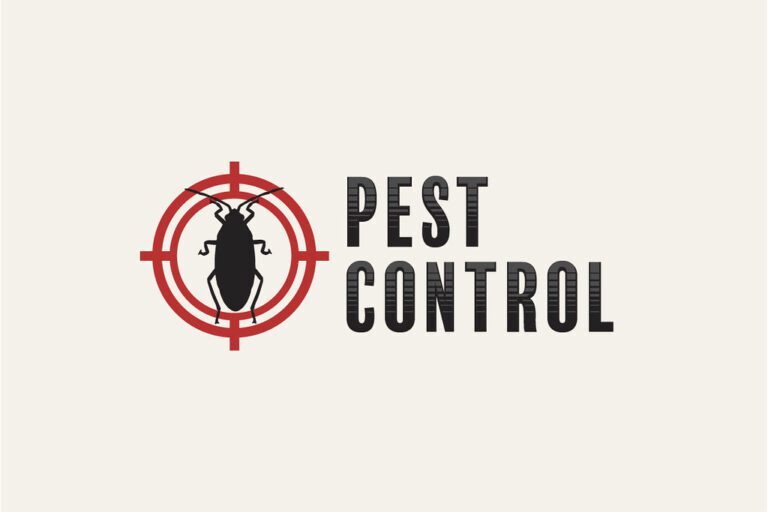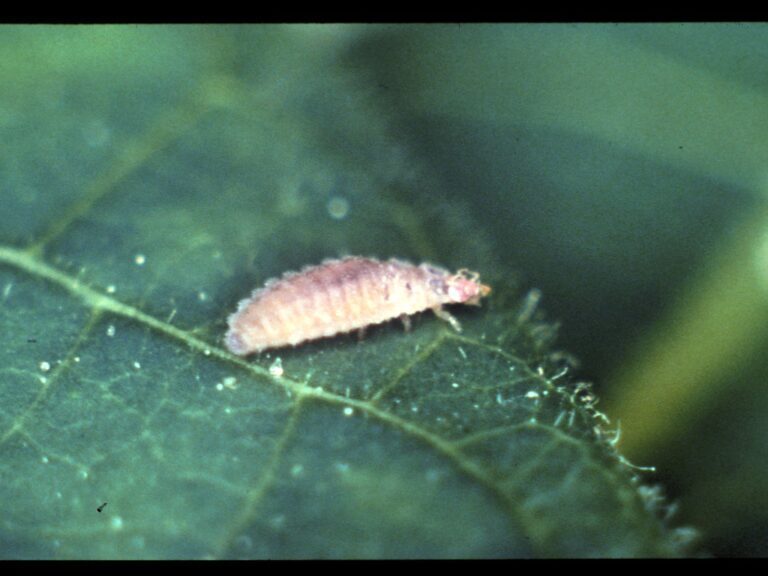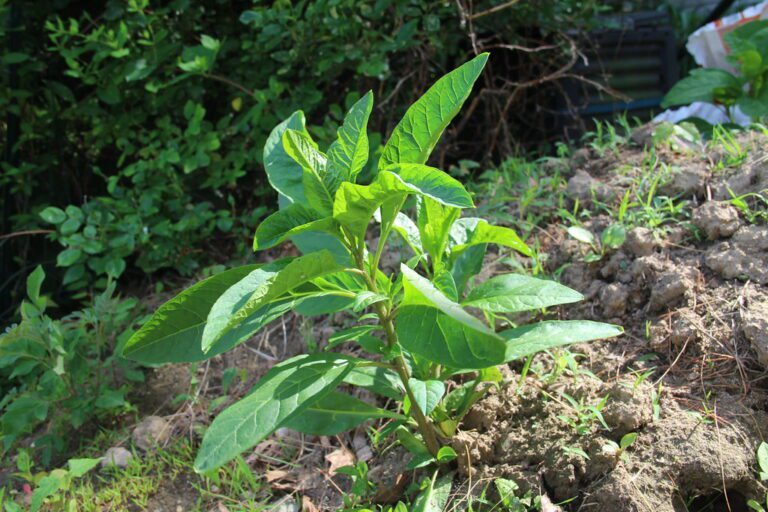Managing Outdoor Pest Problems: Natural Pest Control for Your Yard
Introduction
Understanding outdoor pest problems
Understanding outdoor pest problems is essential for effective pest control in your yard. By gaining knowledge about the common pests that invade outdoor spaces, you can develop strategies to prevent and manage infestations. Outdoor pests can include insects like mosquitoes, ants, and ticks, as well as rodents such as mice and rats. These pests can not only be a nuisance but also pose health risks to humans and pets. Understanding their behavior, life cycles, and preferred habitats can help you choose the most appropriate natural pest control methods for your yard. Whether it’s using organic repellents, implementing landscaping techniques to deter pests, or attracting natural predators, a thorough understanding of outdoor pest problems is the first step towards a pest-free yard.
The importance of natural pest control
Natural pest control is of utmost importance when managing outdoor pest problems in your yard. Not only does it help protect the environment, but it also ensures the safety of your family, pets, and beneficial insects. By using natural methods to control pests, you can avoid the harmful effects of chemical pesticides and promote a healthy ecosystem in your yard. Natural pest control methods such as companion planting, biological controls, and organic repellents can effectively manage pests without causing harm to the environment. Embracing natural pest control practices not only helps maintain the balance of nature but also enhances the beauty and vitality of your yard.
Benefits of managing outdoor pests
Managing outdoor pests in your yard brings numerous benefits. Firstly, it helps to create a safe and healthy environment for you and your family. By effectively controlling pests, you can reduce the risk of diseases and allergies caused by insects and rodents. Additionally, managing outdoor pests can protect your plants and garden from damage. Pests like aphids, snails, and slugs can wreak havoc on your plants, causing them to wither and die. By implementing natural pest control methods, you can ensure the longevity and vitality of your yard. Lastly, managing outdoor pests can enhance the overall appearance of your yard. When pests are kept under control, your yard will look more inviting and well-maintained. With these benefits in mind, it is clear that managing outdoor pests is essential for a thriving and enjoyable outdoor space.
Identifying Common Outdoor Pests
Common pests found in yards
Yards can be a haven for a variety of common pests that can wreak havoc on your outdoor spaces. From pesky mosquitoes and ticks to destructive garden pests like aphids and slugs, these unwanted visitors can quickly turn your beautiful yard into a battleground. However, with the right knowledge and natural pest control methods, you can effectively manage and prevent these pests from causing damage to your yard. By understanding the habits and behaviors of common yard pests, you can implement strategies such as planting pest-resistant plants, using organic pest repellents, and maintaining proper yard hygiene to create a pest-free environment for you and your family to enjoy.
Signs of pest infestation
Pest infestations can wreak havoc on your yard and outdoor spaces. It is important to be able to identify the signs of pest infestation early on to prevent further damage. One of the most common signs is the presence of pests themselves, such as insects or rodents. You may also notice damage to plants, trees, or structures caused by pests. Other signs include droppings, tracks, or nests left behind by pests. If you see any of these signs, it is crucial to take action and implement natural pest control methods to protect your yard and maintain a pest-free environment.
Damage caused by outdoor pests
Outdoor pests can cause significant damage to your yard and outdoor spaces. From chewing on plants and flowers to digging up lawns and gardens, these pests can wreak havoc on your landscaping efforts. Not only can they destroy the aesthetic appeal of your yard, but they can also pose health risks to you and your family. Some outdoor pests, such as mosquitoes and ticks, can transmit harmful diseases. Therefore, it is crucial to address outdoor pest problems promptly and effectively. By implementing natural pest control methods, you can protect your yard from damage and create a safe and enjoyable outdoor environment for everyone to enjoy.
Preventing Outdoor Pest Problems
Maintaining a clean and tidy yard
Maintaining a clean and tidy yard is essential for effective pest control. Pests are attracted to clutter and debris, which provide them with hiding places and food sources. Regularly removing fallen leaves, trimming overgrown vegetation, and keeping the lawn well-maintained can help reduce the presence of pests in your yard. Additionally, it is important to properly dispose of any organic waste, such as grass clippings and tree branches, as they can attract pests. By maintaining a clean and tidy yard, you can create an environment that is less inviting to pests and promote natural pest control in your outdoor space.
Removing standing water sources
One effective method for managing outdoor pest problems is by removing standing water sources. Mosquitoes and other pests thrive in areas with stagnant water, as it serves as a breeding ground for them. By eliminating any standing water sources in your yard, such as birdbaths, empty containers, or clogged gutters, you can significantly reduce the pest population. Regularly inspect and maintain your yard to ensure there are no water accumulation areas. Additionally, consider using natural pest control methods, such as introducing mosquito-eating fish or installing a rain barrel system to collect and use rainwater for your plants. By taking these proactive measures, you can create a pest-free outdoor environment for your yard.
Using pest-resistant plants
Using pest-resistant plants is an effective and environmentally-friendly way to manage outdoor pest problems in your yard. By choosing plants that are naturally resistant to pests, you can reduce the need for chemical pesticides and create a more sustainable garden. Pest-resistant plants have built-in mechanisms that deter or repel pests, making them less susceptible to damage and infestation. Additionally, these plants can attract beneficial insects that prey on pests, creating a natural balance in your garden ecosystem. When selecting pest-resistant plants, consider factors such as your climate, soil conditions, and the specific pests you want to control. Incorporating a variety of pest-resistant plants into your landscape can help create a beautiful and resilient yard that is less prone to pest problems.
Natural Pest Control Methods
Introducing beneficial insects
Introducing beneficial insects is a key strategy for managing outdoor pest problems in your yard. These helpful insects act as natural pest control agents, preying on common garden pests such as aphids, caterpillars, and mites. By introducing beneficial insects into your garden, you can reduce the need for chemical pesticides and promote a more balanced ecosystem. Ladybugs, lacewings, and praying mantises are just a few examples of beneficial insects that can be introduced to your yard. These insects not only help control pests but also add beauty and diversity to your garden. So, if you’re looking for an eco-friendly and effective way to manage outdoor pest problems, consider introducing beneficial insects to your yard.
Using organic pest repellents
Using organic pest repellents is an effective and environmentally friendly way to manage outdoor pest problems in your yard. By opting for natural pest control methods, you can avoid the use of harmful chemicals that can be detrimental to the health of your plants, pets, and the ecosystem. Organic pest repellents, such as essential oils, garlic spray, and neem oil, can help repel pests like mosquitoes, ants, and aphids without causing harm to beneficial insects or pollinators. These natural alternatives are not only safer for the environment but also provide long-lasting protection against pests, ensuring a healthy and thriving yard.
Implementing physical barriers
Implementing physical barriers is an effective strategy for managing outdoor pest problems in your yard. By creating physical barriers, such as fences, nets, or screens, you can prevent pests from entering your property and causing damage to your plants and outdoor spaces. These barriers act as a protective shield, keeping pests out while allowing you to enjoy your yard without the worry of pest infestations. Additionally, physical barriers are a natural and environmentally friendly pest control method, as they do not rely on chemicals or pesticides. Whether you are dealing with insects, rodents, or larger animals, implementing physical barriers is a proactive and sustainable approach to pest management in your outdoor space.
Integrated Pest Management
Understanding the concept of IPM
IPM, or Integrated Pest Management, is a holistic approach to managing outdoor pest problems. It involves a combination of strategies that aim to prevent and control pests while minimizing the use of chemical pesticides. The concept of IPM is based on understanding the life cycle and behavior of pests, as well as the interactions between pests, plants, and the environment. By using a combination of cultural, biological, and mechanical control methods, IPM promotes long-term pest management solutions that are environmentally friendly and sustainable. With IPM, homeowners can effectively manage pest problems in their yard while minimizing the impact on beneficial insects and the overall ecosystem.
Steps to implement IPM in your yard
Implementing Integrated Pest Management (IPM) in your yard is an effective way to manage outdoor pest problems naturally. By following a few simple steps, you can create a pest-resistant environment that promotes the health and vitality of your plants. The first step is to identify the pests that are causing damage in your yard. This can be done by closely inspecting your plants and looking for signs of pest activity. Once you have identified the pests, you can then choose the most appropriate control methods. This may include using beneficial insects, such as ladybugs or praying mantises, to prey on pest populations, or employing physical barriers, like netting or fences, to protect your plants. Additionally, practicing good cultural practices, such as proper watering and fertilization, can help strengthen your plants and make them less susceptible to pest infestations. By implementing IPM strategies in your yard, you can effectively manage outdoor pest problems while minimizing the use of harmful pesticides.
Monitoring and evaluating pest control methods
Monitoring and evaluating pest control methods is an essential aspect of managing outdoor pest problems. By regularly monitoring the effectiveness of different pest control strategies, you can determine which methods are most successful in keeping pests at bay. This allows you to make informed decisions about which natural pest control techniques to continue using and which ones may need to be adjusted or replaced. Additionally, evaluating the impact of pest control methods on the environment is crucial for maintaining a sustainable and eco-friendly approach. By monitoring and evaluating pest control methods, you can ensure that your yard remains pest-free while minimizing harm to beneficial insects and the surrounding ecosystem.
Conclusion
Summary of natural pest control methods
Natural pest control methods offer an effective and eco-friendly solution to managing outdoor pest problems in your yard. By utilizing natural remedies and techniques, you can minimize the use of harmful chemicals and promote a healthier environment for both you and your plants. Some common natural pest control methods include companion planting, using beneficial insects, creating physical barriers, and practicing proper garden maintenance. These methods not only help to control pests but also contribute to the overall sustainability of your yard. By implementing these natural pest control methods, you can enjoy a pest-free yard while minimizing the negative impact on the ecosystem.
Importance of regular pest management
Regular pest management is crucial for maintaining a healthy and pest-free yard. By implementing natural pest control methods, you can effectively manage outdoor pest problems without relying on harmful chemicals. This not only helps to protect the environment but also ensures the safety of your family and pets. Regular pest management allows you to identify and address pest issues before they become major infestations, saving you time, money, and frustration in the long run. Additionally, it promotes the overall well-being of your plants and enhances the beauty of your yard. So, make it a priority to establish a routine pest management plan to keep your yard free from unwanted pests and enjoy the benefits of a thriving outdoor space.
Creating a pest-free outdoor environment
Creating a pest-free outdoor environment is essential for maintaining a beautiful and enjoyable yard. By implementing natural pest control methods, you can effectively manage outdoor pest problems without relying on harmful chemicals. One of the key steps in creating a pest-free environment is to remove any standing water sources, as they can attract mosquitoes and other pests. Additionally, regularly trimming and maintaining your plants and trees can help prevent pest infestations. Another effective method is to introduce beneficial insects, such as ladybugs and praying mantises, that can naturally control pests. By following these strategies, you can create a safe and pest-free outdoor space for you and your family to enjoy.







